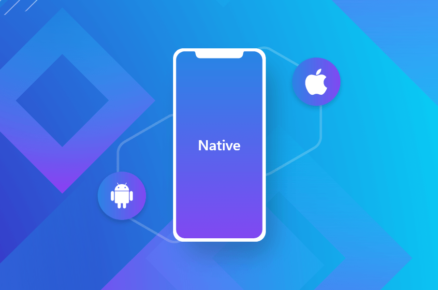When developing an app for your business, it is important to understand what is low code app development, and how it can benefit you. Generally, these types of apps are used for internal systems that are used within a company. While traditional development methods can take a long time, they can be costly and require many skilled resources to complete. Besides, low code application development allows for quick rebuilds of your app and allows you to scale it as you grow. This means that you can scale it as needed while still maximizing cost optimization.
Another benefit of Low Code apps is that they can increase your speed to market. While traditional development processes can be expensive, they can be impractical for some businesses. Moreover, many organizations don’t have the resources to hire a team of developers who are capable of coding at a high level of complexity. Using a low-code app development platform will help you develop apps at a lower cost.
One of the biggest disadvantages of low code apps is that they are harder to debug. Developers of traditional apps can access all algorithmic states and data structures of their apps. In contrast, low-code applications keep much of the developer’s information out of the view of the end-user. As such, the practice of low code app development is not taught in academic institutions. Instead, developers must spend time learning about and using the proper tools to build their apps.
Low-code apps can be developed by individuals without a background in programming languages. While learning the language of low-code apps is easier than traditional development, the process is still difficult. Fortunately, there are many resources for low-code developers. The only downside is that they aren’t beginner-friendly. While it can be useful for experienced developers, it will not help anyone who isn’t a developer. Although low-code is easier to understand, it will not replace the need for trained professionals.
There are many advantages of low-code app development. The first is that it is easier to create applications than other forms of mobile development. It can also be more affordable, and many people can’t afford a full-blown mobile application development project. The other benefits are flexibility, ease of use, and simplicity. These are important considerations when choosing low-code tools. However, these platforms are not all the same. You should make sure you choose the right one for your needs.
Low-code apps can be more complex than traditional apps, but it can be a good choice for organizations of all sizes. The software allows you to build an app quickly, customize it, and deploy it to multiple devices. This means that low-code apps are easy to create and maintain. The best part of low-code development is that it doesn’t require a lot of knowledge in programming. If you don’t have the time to learn the language, you can start building apps in no time.
Another big advantage of low-code applications is that they are easier to maintain and can be adapted for various business needs. Unlike other types of apps, low-code apps are often more customizable and scalable, and can be tailored to any size company. If you’re not comfortable with this approach, you can still hire a developer to help you out. It’s essential to have a team of developers and a team of experts to answer your questions.
While it isn’t difficult to learn to use low-code apps, the platform has its limitations. It is based on JavaScript, which is a popular programming language for creating applications. It can also be confusing to use low-code apps. While it might sound like a good idea for you, a high-code app is hard to develop for a business. In addition to that, low-code apps can be costly, but you’ll save a lot of money and time.
The main advantage of low-code apps is that they are fast and easy to deploy. Most of these applications are created with predefined components that are easy to customise. They can be made to meet specific business requirements. A low-code application is usually much more secure than a high-code one. It will run faster, have more flexibility, and be easier to maintain. The best examples of low-code apps are the ones that have fewer features, but are still functional.





